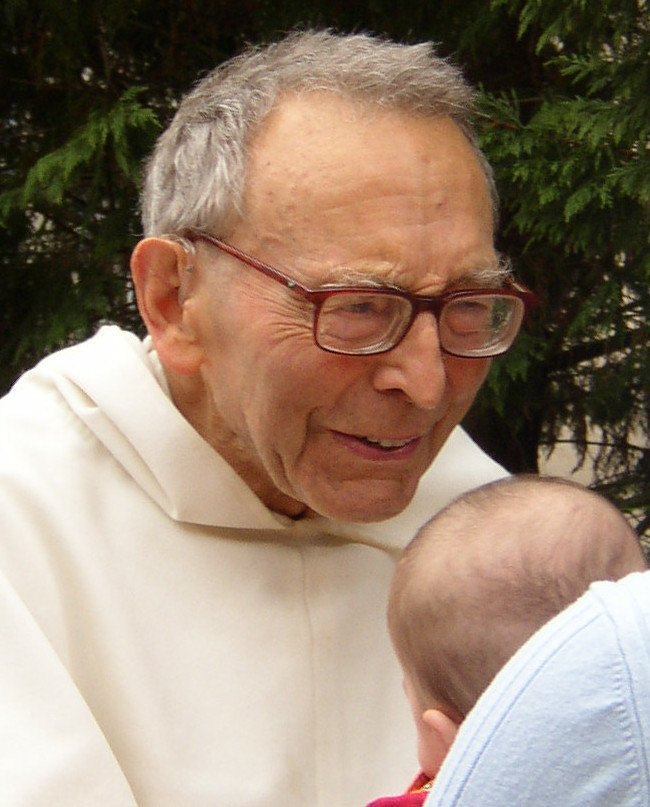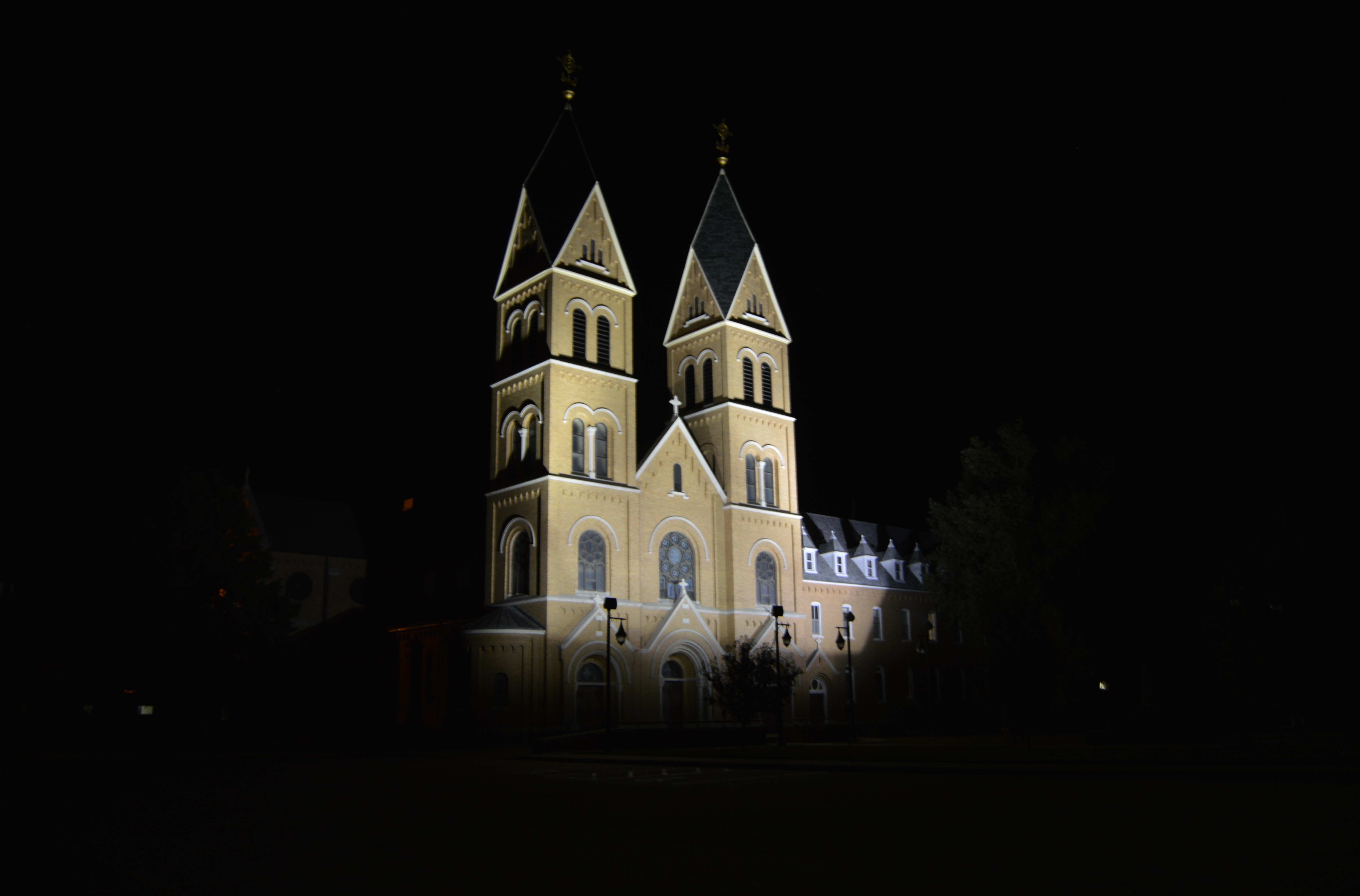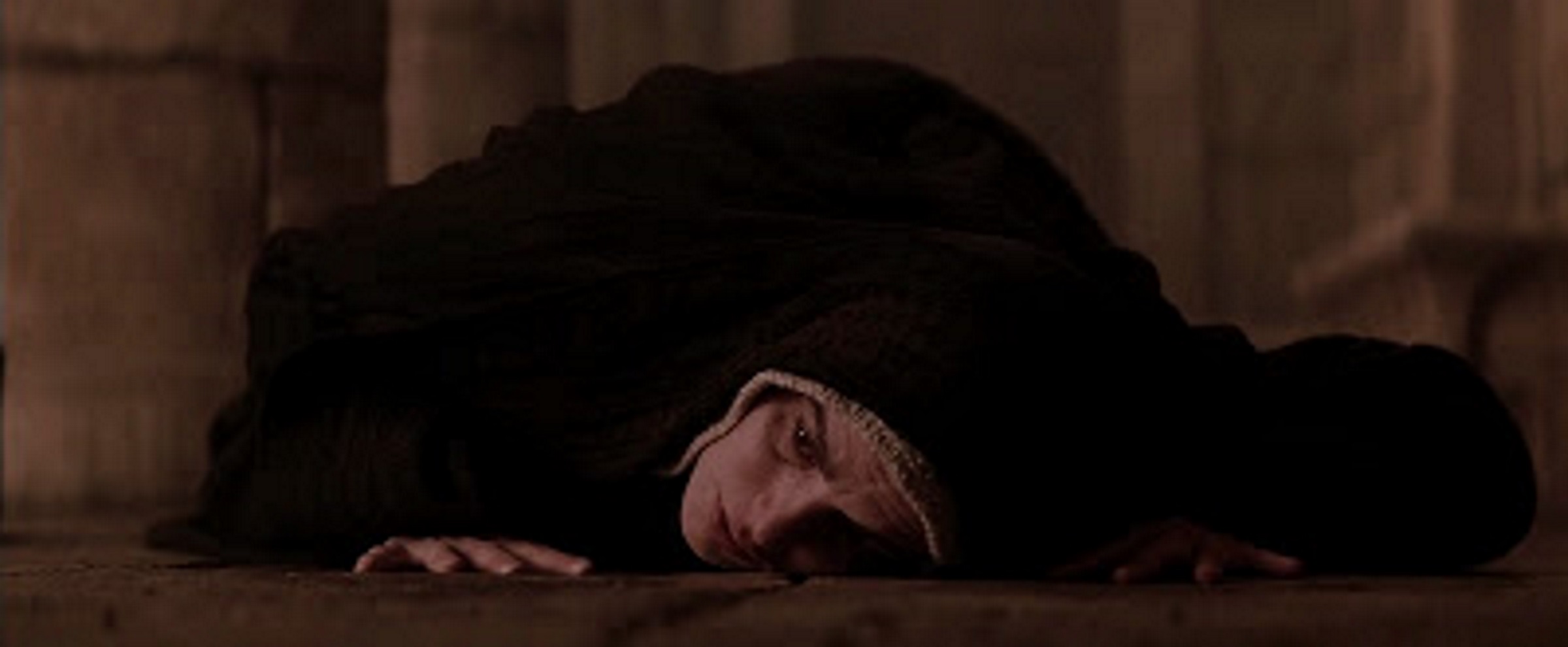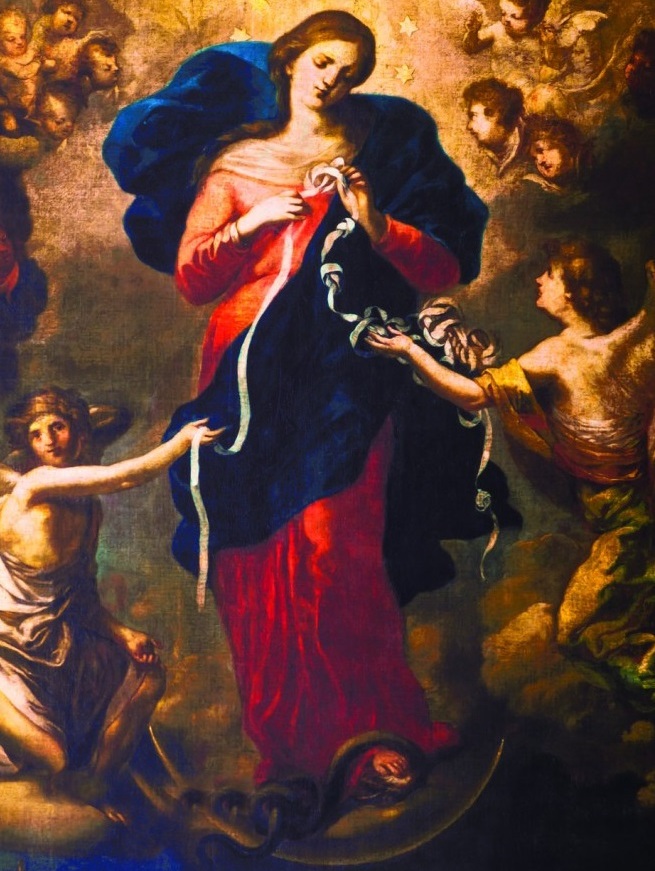They (Gospel Virtues) make the soul docile and foster in it the dispositions necessary to profit fully by the intervening of the Holy Spirit. Humility, meekness, patience, gentleness, these and others, are indispensable virtues required by the Spirit of Love for all who want to be Christ’s disciples. It is useless to ask for His divine education if we do not possess the Gospel virtues, or at least if we do not have the firm will to practice them: the Gospel Virtues are the fundamentals of all mystical life. Without them, access to the interior life will always remain irremediably closed……If at times a chasm seems to divide the theological and the moral realms within us, perhaps this is because we have not sufficiently sustained and cultivated those Gospel Virtues to which the Good Master, in his merciful wisdom, has so many times drawn our attention, and which He seems to love with such predilection: “Learn of me, for I am meek and humble of heart.” –Father Thomas Philippe ‘The Fire of Contemplation’
The Theological virtues: faith, hope, and charity. Spiritual maturity is the refining of the essential eternal elements of God within. First Corinthians chapter 13, the masterful doctrine of love, guides us beyond to the contemplative mastering of life, the advancing into spiritual adulthood, a being beyond a knowing: When I was a child, I spoke like a child, I thought like a child, I reasoned like a child; when I became a man, I gave up childish was. For now we see in a mirror dimly, but then face to face. Now I know in part; then I shall understand fully, even as I have been fully understood. So faith, hope, love abide, these three; but the greatest of these is love.
The Cardinal Virtues, deeds I must acquire: prudence, temperance, fortitude, justice. The Catechism of the Church teaches: Human virtues are firm attitudes, stable dispositions, habitual perfections of intellect and will that govern our actions, order our passions, and guide our conduct according to reason and faith. They make possible ease, self-mastery, and joy in leading a morally good life. The virtuous man is he who freely practices the good. The moral virtues are acquired by human effort. They are the fruit and seed of morally good acts; they dispose all the powers of the human being for communion with divine love.
The Gospel Virtues, painted colorfully by Father Thomas Philippe, point to the Beatitudes, once again the Catechism of the Church establishes principles:
The Beatitudes are at the heart of Jesus’ preaching. They take up the promises made to the chosen people since Abraham. The Beatitudes fulfill the promises by ordering them no longer merely to the possession of a territory, but to the Kingdom of heaven:
Blessed are the poor in spirit, for theirs is the kingdom of heaven.
Blessed are those who mourn, for they shall be comforted.
Blessed are the meek, for they shall inherit the earth.
Blessed are those who hunger and thirst for righteousness, for they shall be satisfied.
Blessed are the merciful, for they shall obtain mercy.
Blessed are the pure in heart, for they shall see God.
Blessed are the peacemakers, for they shall be called sons of God.
Blessed are those who are persecuted for righteousness’ sake, for theirs is the kingdom of heaven.
Blessed are you when men revile you and persecute you and utter all kinds of evil against you falsely on my account.
Rejoice and be glad,
for your reward is great in heaven.
The Beatitudes depict the countenance of Jesus Christ and portray his charity. They express the vocation of the faithful associated with the glory of his Passion and Resurrection; they shed light on the actions and attitudes characteristic of the Christian life; they are the paradoxical promises that sustain hope in the midst of tribulations; they proclaim the blessings and rewards already secured, however dimly, for Christ’s disciples; they have begun in the lives of the Virgin Mary and all the saints.

The Sermon on the Mount








Recent Comments